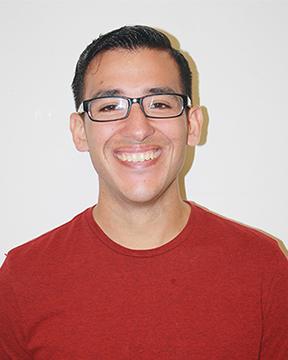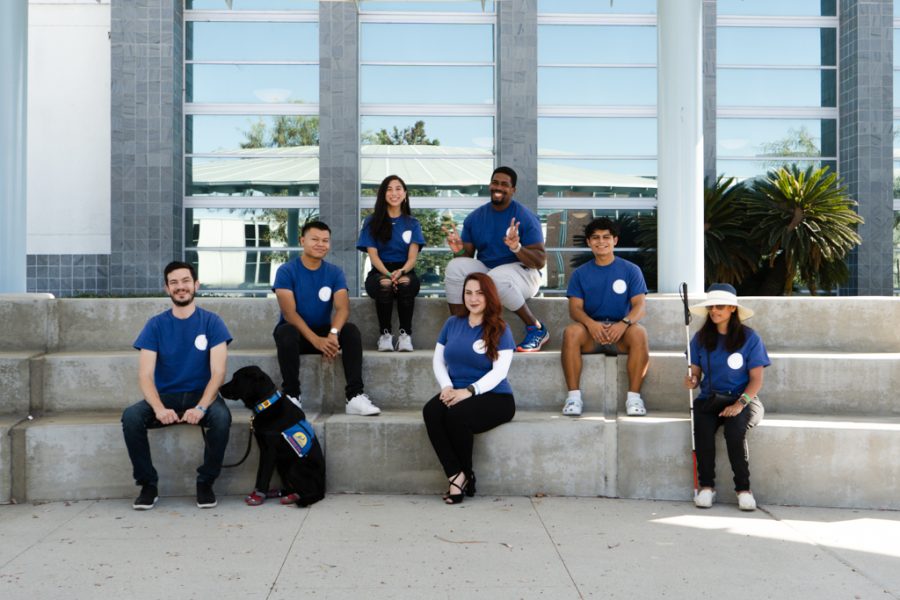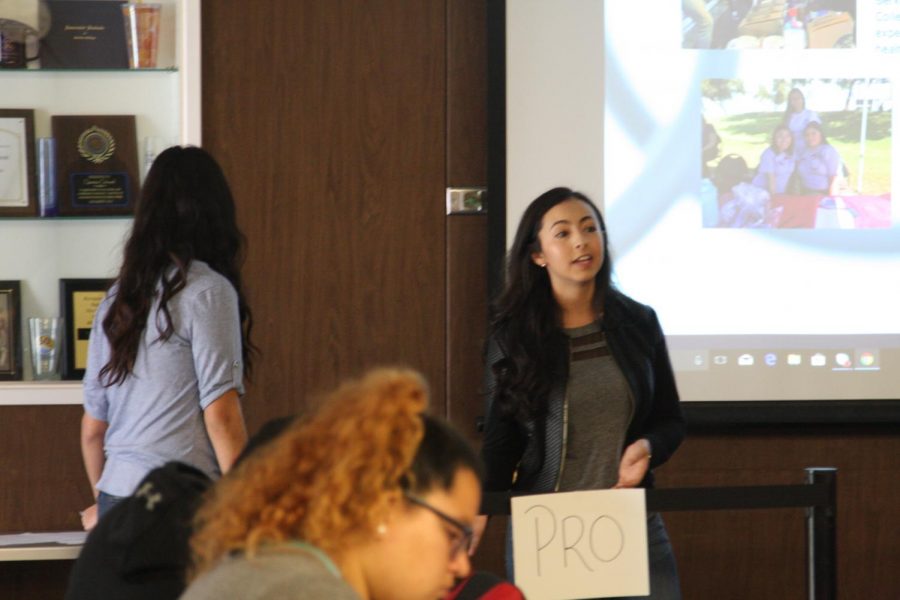Since being signed into law, the Patient Protection andAffordable Care Act has garnered mixed emotions from Americans such as chemistry major George Mariscal.
“Personally, I do not support Obamacare…I don’t agree with every American having to buy healt hcare,” Mariscal said. “I feel that a lot of people can’t afford it.”
While some do not support the bill, some students such as psychology major Nancy Cuyan are not sure what the bill is.
“I wouldn’t say I support it or don’t support it,” Cuyan said.
The Patient Protection and Affordable Care Act, commonly referred to as “Obamacare” was signed in to law by President Obama in 2010.
The bill was the most comprehensive change to the United States’ medical system since 1965 when Medicare came into effect.
The PPACA was intended to protect patients better and lower costs to American taxpayers, and has already provided benefits to college-age adults.
One of the biggest changes has been the extension of coverage for children under their parents’ health care provider.
Previously, children were dropped from their parents’ coverage when they turned 19 or 22 if they were a full-time student.
The PPACA will now extend coverage until children are 26-years-old, as well as provide a chance to sign up for continued insurance after they age out of their parents’ insurance.
The extended coverage will also cover married couples under 26 as well as adults who are single.
Another important part of the bill has been the increased focus on preventative care.
Under the PPACA, insurance companies are required to offer certain services free of charge such as immunization shots, HIV testing and diabetes screenings (Type 2) as well as depression screening.
The law also gives more preventative health care to women who previously paid more than men in health costs, allowing them free access to mammograms, birth control, HPV vaccinations and domestic abuse counseling.
It is also now illegal for insurance companies to charge women more for insurance than they would for men.
While students have access to broader insurance, they still have resources on campus for them to take advantage of.
Vice President of Student Services Stephen Johnson explained that the bill will not have a major effect on Cerritos College.
“We have a very comprehensive set of health services that for a non-residential college that are pretty significant,” Johnson said. “We have medical doctors, we have registered nurse practitioners and we have mental health professionals. We have a variety of services that come into the center that we can provide to the students and also all sorts of screening.”
One change is that the school is expanding its mental health services by adding a psychologist to the staff.
“They’ll act as a resource to the mental health professionals that we already have in mental health services and to anybody around campus for workshops awareness raising those kind of activities,” Johnson added.
Despite the law’s expanded coverage, support from the general population has been split and the Republican Party has been fighting against the bill.
Mariscal has no plans to look for insurance, but he acknowledges that he may not have a choice in the future.
“I’m just hoping Obamacare doesn’t pass, but… it looks like it’s going to have to pass if we want to get the government going again,” Mariscal said. “I’m probably going to have to look in to some kind of health care.”








